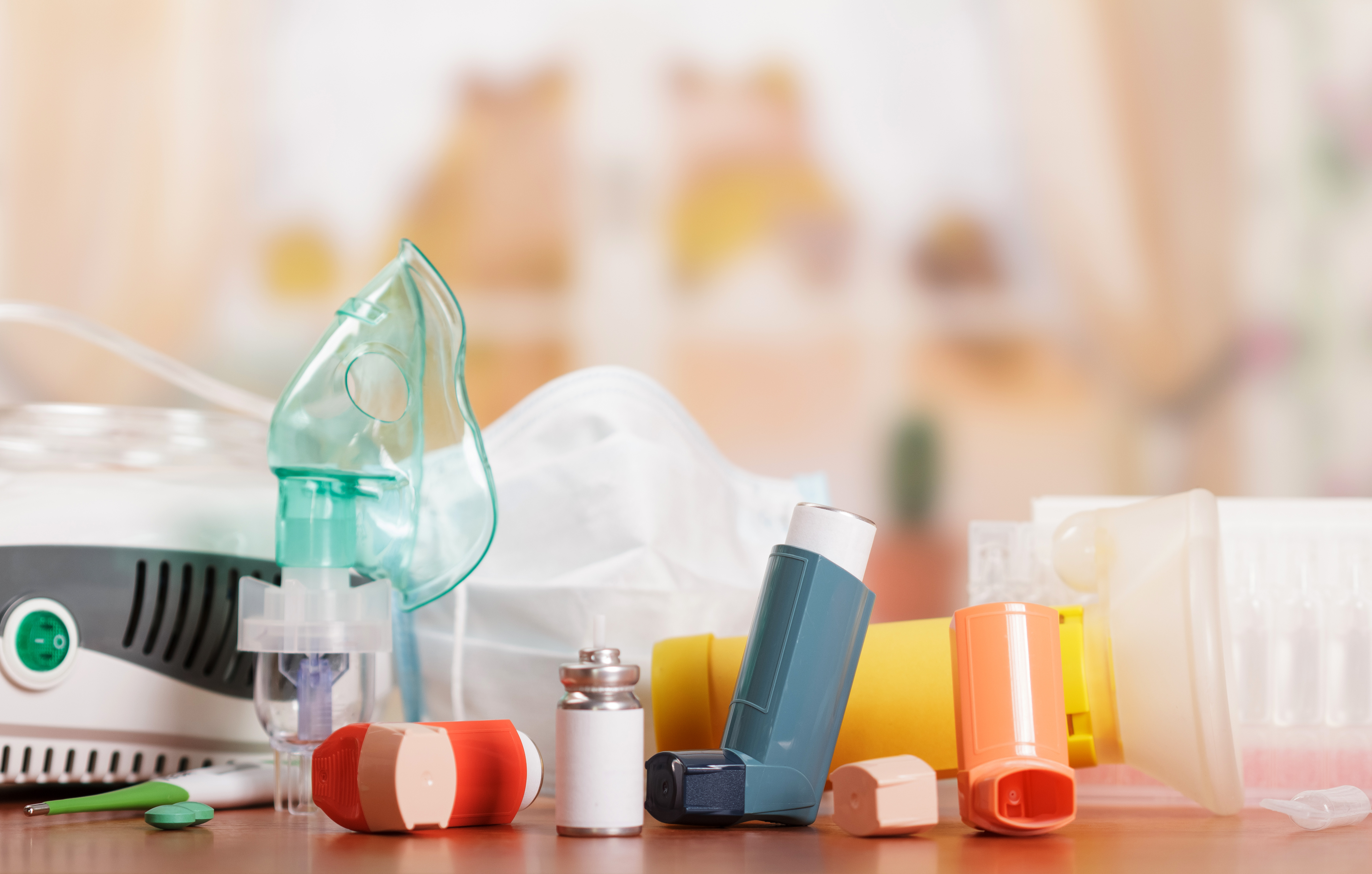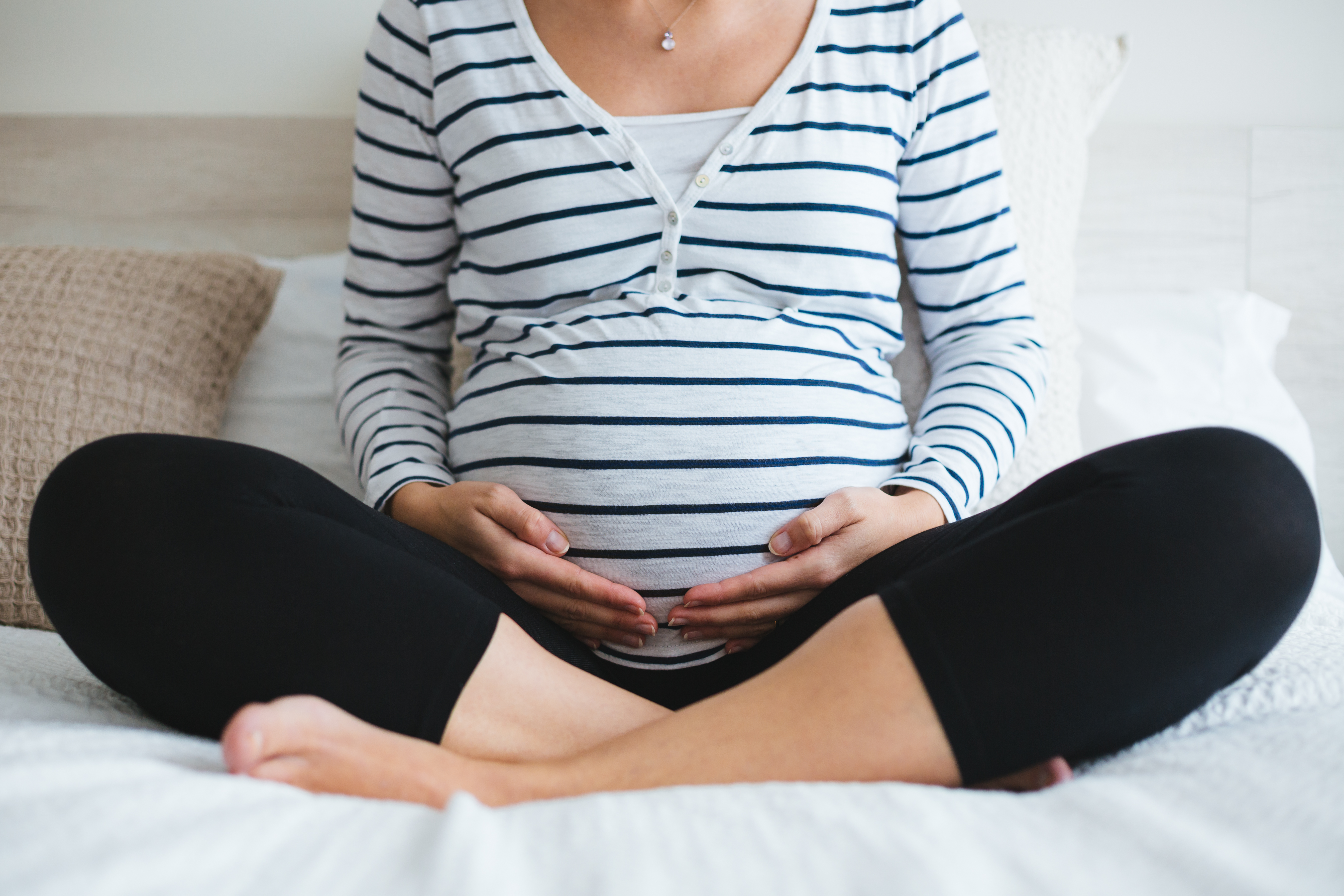As people with asthma and COPD have been classed in the at-risk group, it is important that they ensure their asthma or COPD is well managed around this time and that they do their best to avoid contracting Coronavirus.
Tips for managing your asthma or COPD:
- Take your preventer inhaler as prescribed. This will decrease your risk suffering an asthma attack or COPD exacerbation and reduce your respiratory symptoms. Check out the Asthma Society’s information on preventer inhalers here
- Have an up-to-date Asthma Action Plan which will help you recognise when your asthma is deteriorating – download one here
- Have an up-to-date Communications Card which will help you manage your COPD – download one here
- Always carry your reliever inhaler (usually blue) with you in case of a respiratory emergency – check out the Asthma Society’s recent SafetyCare campaign helping you recognise if you are over-reliant on your reliever inhaler
- Know the 5 Step Rule which will help you manage an asthma attack if one occurs – download our Asthma Attack Card here
- Know your asthma or COPD triggers in order to avoid them where possible – check out our information on respiratory triggers here
- Ensure you are practicing proper inhaler technique and getting the full impact of your medication – check the Asthma Society’s Inhaler Technique page for demonstrations of all the inhalers on the Irish market here
- If your inhaler requires a spacer, we recommend you use one to ensure best medication delivery – check out our information on spacer usage here
- Do not smoke and avoid smoking in the home while self-isolating
- If you feel like your symptoms are deteriorating, or if you are experiencing a “new” fever or “new” cough - call your GP as soon as possible and they will support and advise you
- Get your prescription filled to ensure you have enough medication for one month – the Department of Health and Irish Pharmacy Union have advised that there is no need to stock up beyond that

Coronavirus and COPD/asthma: FAQs
Q: Am I more at risk of developing complications from coronavirus because of my asthma or COPD?
A:
The HSE has identified groups who are at high-risk of severe illness from COVID-19. These include:
- Adults and children with long-term medical conditions, including people with cardiac and respiratory conditions
- Patients with any condition that can compromise respiratory function
The HSE has advised that ‘protective self-separation’, is recommended for these groups, meaning you should avoid unnecessary face-to-face social interaction and avoid physical contact with others.
Q: Am I more at risk of contracting coronavirus because of my asthma or COPD?
A:
The HSE has stated that it does not believe that those in ‘vulnerable’ or ‘high-risk’ groups have a higher risk of contracting the virus.
Q: How do I know whether my shortness of breath is an exacerbation of my asthma/COPD or due to coronavirus?
A:
The respiratory symptoms associated with COVID-19 are similar to symptoms of asthma/COPD – shortness of breath and coughing.
The symptom which differentiates asthma or COPD from COVID-19 is experiencing a “new” fever. Fever is the symptom that has been most common of any symptom in confirmed cases of COVID-19.
The HSE are particularly focusing on any patient who is experiencing a “new” fever or a “new” cough. If you are feeling hot and cold, shivering, and have achy bones, you should phone your local GP and alert them to this fact.
Your GP and their staff will guide you through what happens next – you will likely be tested for the virus and be requested to self-isolate until the results come back.
Q: I am pregnant and also have asthma. Do I need to be concerned for my baby and is there anything else I need to do to protect myself?
A:
The National Maternity Hospital have published information on coronavirus and maternity advice that you may find useful. You can find it here. If you are concerned about your health in pregnancy, please contact your midwife or maternity consultant.
It is essential that you continue to manage your asthma as well as possible during your pregnancy, following the tips at the beginning of this article.

Q: Should I self-isolate and, if so, what does that involve?
A:
People are now being asked to self-isolate if they have ‘flu-like symptoms’ (for example, fever, cough, generalised aches and pains or breathing difficulty) regardless of travel or contact history. It involves staying indoors and completely avoiding all contact with other people. This is to stop other people from getting it.
A doctor will also ask you to self-isolate if they think your flu-like symptoms could be due to coronavirus.
This could be:
- before you get tested for coronavirus
- while you wait for test results
- if you have had a positive test result for coronavirus
Q: Should I self-quarantine and what does it involve?
A:
Quarantine is used to restrict the movement of people who might have been exposed to an infection, but who aren’t yet sick. Self-quarantine is avoiding contact with other people and social situations as much as possible.
You need to do this if you are a close contact of a confirmed case of coronavirus and you are still well.
Q: Should I practice self-separation and what does it involve?
A:
People in vulnerable groups, such as those with chronic respiratory conditions or any condition that can compromise respiratory function, are being advised by the HSE to practice ‘protective self-separation’, i.e. to avoid unnecessary face-to-face social interaction and avoid physical contact with others.
Q: From an 85 year old COPD patient - "is it safe to go out"?
A:
Yes. Exercise is so important to our health and well-being, and particularly so for those with chronic respiratory conditions, provided you wrap up well for the weather. However, you should not spend time in close contact with other people.
Continue to practise social distancing while outdoors (avoid crowds in particular) and make sure to wash your hands after you return from being out.
Q: Should my family, friends and carer(s) take additional steps to protect me from coronavirus because of my asthma or COPD?
A:
According to the Chief Medical Officer in the Department of Health, people with underlying health problems should distance themselves from others as much as possible.
Your family, friends and carers need to be extra vigilant if it is necessary to have face-to-face contact with you. They should follow all HSE advice to reduce the spread of the virus including frequent hand washing, coughing and sneezing into a tissue or their elbow, avoiding touching their face and disinfecting surfaces you may touch regularly. Increasing interpersonal distance (ideally separation of at least 2 metres) not shaking hands and avoiding communal sleeping areas is recommended.
Q: Should we still bring my child to training/play dates/to visit their grandparents?
A:
As with adults, children who are considered ‘vulnerable’, such as those with chronic respiratory conditions or any condition that can compromise respiratory function, are advised by the HSE to practice ‘protective self-separation’, i.e. to avoid unnecessary face-to-face social interaction and avoid physical contact with others.
Deputy Chief Medical Officer in the Department of Health Dr Ronan Glynn has advised that, even if children and their grandparents are deemed healthy, social distancing should be practiced, in particular with vulnerable groups, which includes people over 60 years.
Q: Should I attend my scheduled GP or hospital appointments?
A:
The HSE has advised that you continue to attend for any planned treatment, unless you have been told not to. If you have flu-like symptoms or have been in close contact with someone with coronavirus, phone the hospital before your appointment.
If you believe you may have coronavirus and need advice from a medical professional, call your GP surgery. Do not attend the surgery unannounced.
BONUS TIPS
- Boost your immune system by eating a healthy diet
- Take care of your mental health
- Stay well hydrated, drink plenty – little and often and not icy cold
- Dress appropriately for the weather – hats, scarf over nose and mouth, etc. If you get caught in the rain, get home as quick as you can and get out of wet clothes
The Asthma Society has arranged additional hours and extra staff to be able to respond to your queries about coronavirus and your asthma or COPD.
You can phone to make an appointment for a free call back from the Asthma /COPD Adviceline nurses on 1800 44 54 64, who are available to talk to you from Monday to Friday.
If you are worried at all, please phone. The Asthma Society are endeavouring to respond to all calls as quickly as possible. However, please note, they are receiving unprecedented numbers of calls at this time and ask you to bear with them should you experience some delay.
Information from the Asthma Society of Ireland

